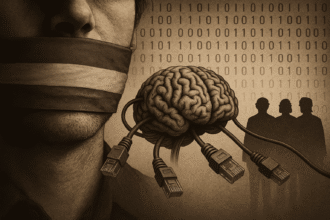Amid a dispute with Brazilian authorities, Elon Musk announced that the Starlink satellite internet service will be offered free of charge in Brazil. The decision came after the company was blocked by a court for not having legal representation in the country.
The episode rekindles an essential debate: Where does state authority end and digital freedom begin?
The State against innovation
The Starlink case exposes a recurring problem: the mismatch between technological advances and the bureaucratic structure of the State. Global companies with innovative solutions face difficulties not because they cause harm, but because do not fit into traditional regulatory molds.
Instead of adapting to the new digital reality, the Brazilian State opts to obstruct. It blocks services, demands physical structures, imposes barriers — and, in doing so, prevents access to solutions that would benefit thousands of people in remote areas.
Digital freedom or state concession?
Musk’s promise to offer free internet may sound strategic — and it is. But it also reveals how much we depend on the internet. state authorization to exercise fundamental freedoms, such as access to information.
The Austrian School already warned: excessive centralization makes the State hostage to its own rigidity. By trying to control what it does not understand, it only slows down progress and harms the poorest.
Brazil and its tradition of prohibiting before understanding
From ride-hailing apps to digital currencies, the country often responds to innovation with restriction, taxation or prohibition. The idea that everything needs to be “authorized” by Brasília before reaching the citizen is incompatible with a decentralized world.
Conclusion
The Starlink case is more than a legal impasse: it is a reflection of a state that fears losing control. But the more it tries to control, the more it loses relevance. The future of freedom — including digital freedom — will depend on how much space we leave for innovation to flourish.




